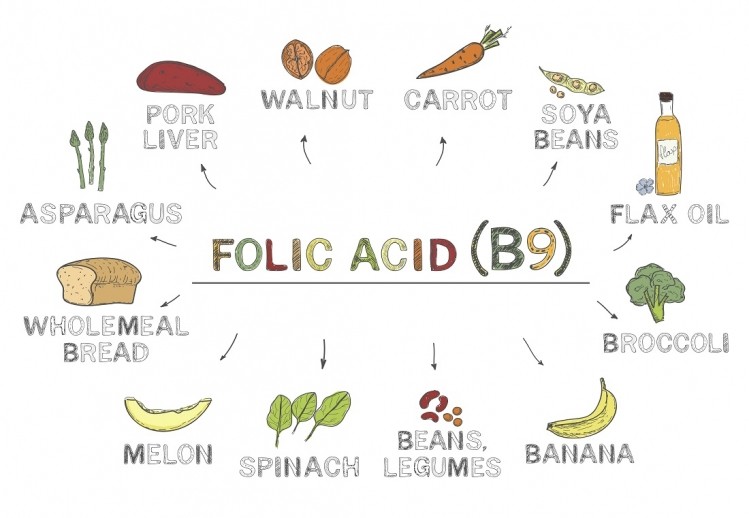Bakers back folic acid move by Government

The Government and devolved administrations, which announced the move on 20 September, said this would mean foods made with flour, such as bread, would help combat about 200 neural tube defects each year – about 20% of the annual UK total.
“This latest news regarding folic acid is very welcome, and we know from research and government national and dietary surveys that bridging folic acid nutrient gaps is essential for those people whose diets are short in this nutrient, like mums-to be," said Laurence Smith, managing director and owner of Fatherson Bakery. "As a result, the fortification of flour with folic acid is a good move and one way that mums to be can increase their folic acid needs."
Non-wholemeal flour is already an established vehicle for fortification in the UK and the costs of fortification for the industry are expected to be minimal.
According to the Government the public health decision is not anticipated to require a major overhaul for industrial-scale flour producers. Folic acid will need to be added to the labelling of all foods made with flour – as is the case with other fortification.
Gordon Polson, chief executive of the Federation of Bakers (FOB), the trade association representing all the leading bakeries in the UK, said its members welcomed the move.
Healthy diet
“Bread is already a major contributor to the healthy diet of the nation and an important source of carbohydrate, fibre and a wide range of nutrients, including calcium, iron and B-vitamins,” he said.
“The FOB has consistently said that the fortification of flour is a medical decision and as an industry we have always been responsive to what is in the best interests of consumers. Our members therefore remain committed to responding positively to this announcement and look forward to working with Government on the details of adding folic acid to non wholemeal flour.”
Alex Waugh, director of UK Flour Millers said: “Flour, whether white brown or wholemeal, is an ingredient in many foodstuffs and supplies a big proportion of our daily fibre and protein along with essential nutrients such as calcium, iron and B vitamins. If it is decided that folic acid should be added to flour for public health reasons, flour millers will do all they can to overcome any practical challenges to make it happen.”
Breakfast cereal
Folic acid is already voluntarily added by food manufacturers to breakfast cereal, including some gluten-free products, meaning people can usually get all they need from eating a balanced diet, but a higher intake is required in the first 12 weeks of pregnancy.
Prime Minister Boris Johnson said: “Few things are as important as a baby’s health – and folic acid-fortified flour is a quick, simple win to enhance their development. This will give extra peace of mind to parents and families, as well as helping boost the health of adults across the country."
Health and social care secretary Sajid Javid said: “We are committed to giving more children a healthy start in life. With the safe and taste-free folic acid baked into the national diet, hundreds more babies will be born.”
More than 99% of British households buy bread and over a quarter of all groceries in the four biggest supermarkets contain flour, making adding folic acid to flour-based products a simple way to increase folate levels for tens of millions of people across the UK, the Government said.
















